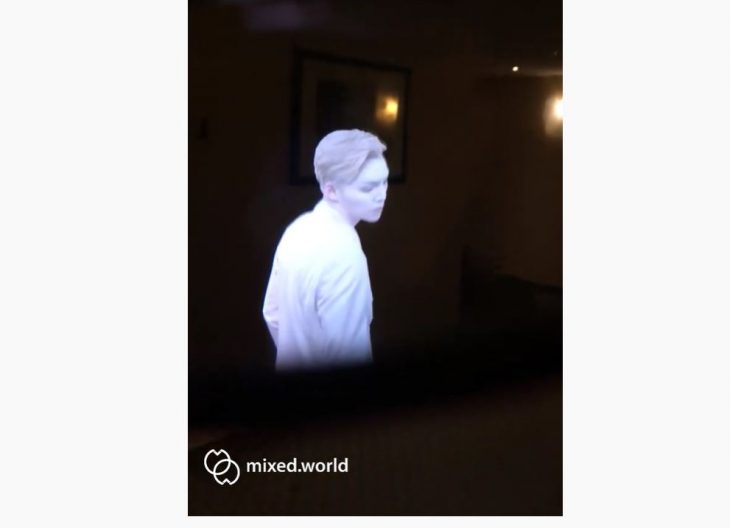
This Week In Sex Tech – Nreal AR Glasses Coming Soon, Deepfake Porn To Be Banned In UK
Augmented Reality Glasses Could Be Mass Market Soon
Augmented reality porn wont take off until AR glasses become mass market, or at least as mainstream as VR headsets are. This might happen quite soon, as Chinese company Nreal are launching their lightweight and fairly stylish looking AR glasses across the USA and Europe in the next few months. The Nreal Lite glasses have already been on sale in South Korea and Japan since last year and have proven to be something of a hit. Price tag is rumoured to be somewhere in the region of $650. It should also be pointed out that they do still require tethering to your smartphone. Still, the thought of viewing the 3D girls of Badoink and Naughty Strip Club while hands free is pretty cool, and no doubt if these glasses are even a modest success, then we may be seeing a lot more AR porn sites out there by the end of the year. The cost and difficulty of filming AR porn, however, will still be a major hurdle to overcome.
Nreal may have the market to themselves this summer, but that might not last for long. South Korean tech giant Samsung had their prototype concept for a pair of AR glasses leaked recently, and Apple have long been expected to launch a pair of AR glasses that will ultimately replace the iPhone (and TVs, laptops etc…). The latest on the rumour mill is that a VR/AR headset could be coming from Apple as early as Q1 next year, with a hefty price tag of perhaps over $3,000.
UK Law Body Recommends Sharing Deepfake Porn Be Made Illegal
The UK moved closer to becoming the latest country to ban deepfake porn, after a law body recommended that sharing of such material should be made a crime. As in most Western countries, ‘revenge porn’ is already illegal in the UK, but the law body identified ‘gaps’ which need to be covered by new measures that specifically target deepfake porn. It’s unclear whether the new law would make the production of deepfake pornographic images illegal, or simply the sharing of them. At present, the crime of revenge porn needs to show an intent to cause distress or humiliation to the victim.
Sharing digitally altered “deepfake” pornographic images should be made a crime, a British government-backed review said on Friday after finding victims were being denied justice because the law has not kept up with new, high-tech forms of abuse.
Publishing intimate photos or videos without consent and with the intent to cause distress – so-called revenge porn – was criminalized in Britain in 2015, but the review identified gaps in the legislation including the issue of fake images.
Such pictures could include editing a headshot of a victim onto a nude or using sophisticated “deepfake” programs to digitally strip women.
Reforms are also needed to fill in gaps on taking and sharing intimate images with permission, and “sextortion” threats to share them, said the Law Commission, an independent body that recommends reforms to laws in England and Wales.
“For victims, having their intimate images taken or shared without consent can be an incredibly damaging and humiliating experience,” Prof. Penney Lewis, criminal law commissioner at the Law Commission, said in a statement.
The increasing sophistication of deepfake technology was highlighted to Brits at Christmas, when an ‘alternative’ and unauthorized traditional message was controversially given by what appeared to be the Queen, through the use of deepfake tech. Last week, a deepfake video of Tom Cruise performing magic tricks went viral. And family history website MyHeritage introduced a feature allowing users to upload a 2D photo of a deceased relative for it to be animated using their ‘deep nostalgia‘ algorithms.
Absolutely gobsmacked by @MyHeritage's Deep Nostalgia AI tool. The video below was generated from a portrait of my great-grandmother taken when she was barely 20.
I am without words. pic.twitter.com/AdUUsIMsMk
— GraveyardSnoop (@GraveyardSnoop) February 26, 2021
